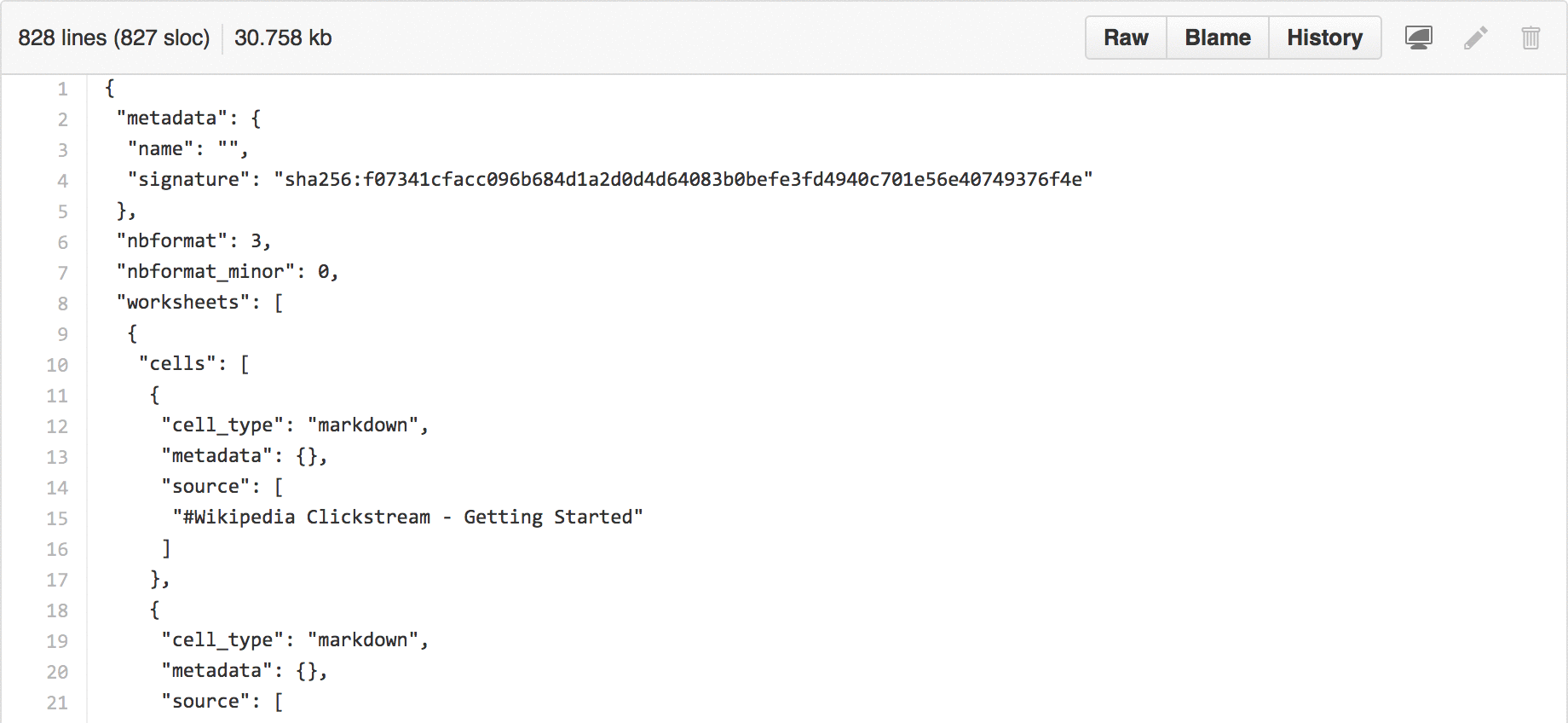GitHub + Jupyter Notebooks = <3
Communicating ideas that combine code, data and visualizations can be hard, especially if you’re trying to collaborate in realtime with your colleagues. Whether you’re a researcher studying Wikipedia, an astronomer…
Communicating ideas that combine code, data and visualizations can be hard, especially if you’re trying to collaborate in realtime with your colleagues.
Whether you’re a researcher studying Wikipedia, an astronomer investigating the movements of galaxies in our cosmic neighborhood or a data-scientist at fashion retailer Stitch Fix, producing insights from data and sharing is a common challenge.
Jupyter notebooks solve this problem by making it easy to capture data-driven workflows that combine code, equations, text and visualizations and share them with others. From today Jupyter notebooks render in all their glory right here on GitHub.

With Git Large File Storage and Jupyter notebook support, GitHub has never been a better place to version and collaborate on data-intensive workflows. With more than 200,000 Jupyter notebooks already on GitHub we’re excited to level-up the GitHub-Jupyter experience.
Looking to get started? Simply commit a .ipynb file to a new or existing repository to view the rendered notebook. Alternatively if you’re looking for some inspiration then check out this incredible gallery of Jupyter notebooks.
Written by
Related posts

GitHub availability report: January 2026
In January, we experienced two incidents that resulted in degraded performance across GitHub services.

Pick your agent: Use Claude and Codex on Agent HQ
Claude by Anthropic and OpenAI Codex are now available in public preview on GitHub and VS Code with a Copilot Pro+ or Copilot Enterprise subscription. Here’s what you need to know and how to get started today.

What the fastest-growing tools reveal about how software is being built
What languages are growing fastest, and why? What about the projects that people are interested in the most? Where are new developers cutting their teeth? Let’s take a look at Octoverse data to find out.